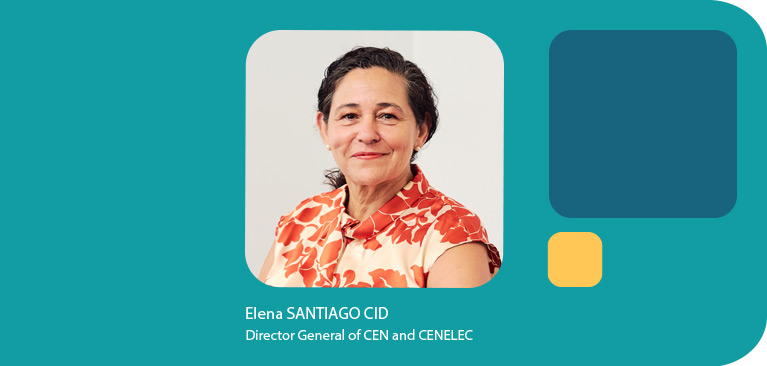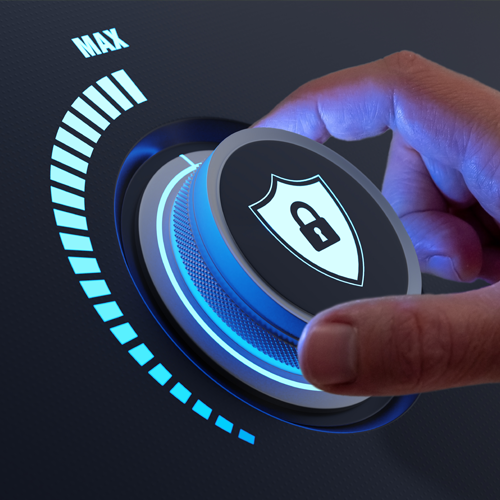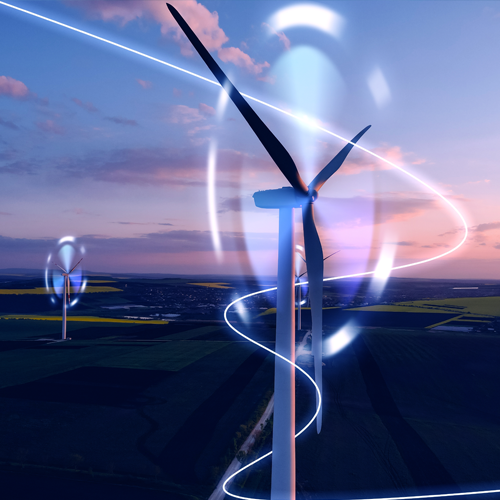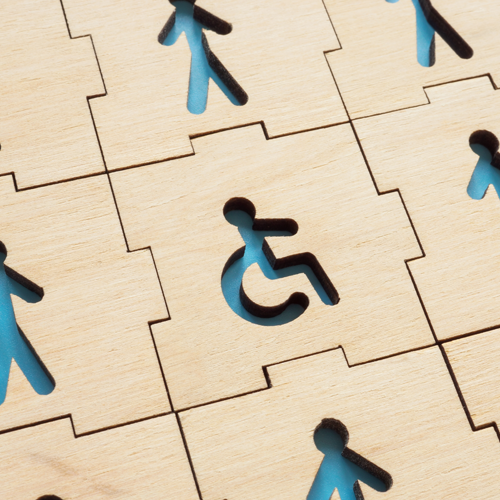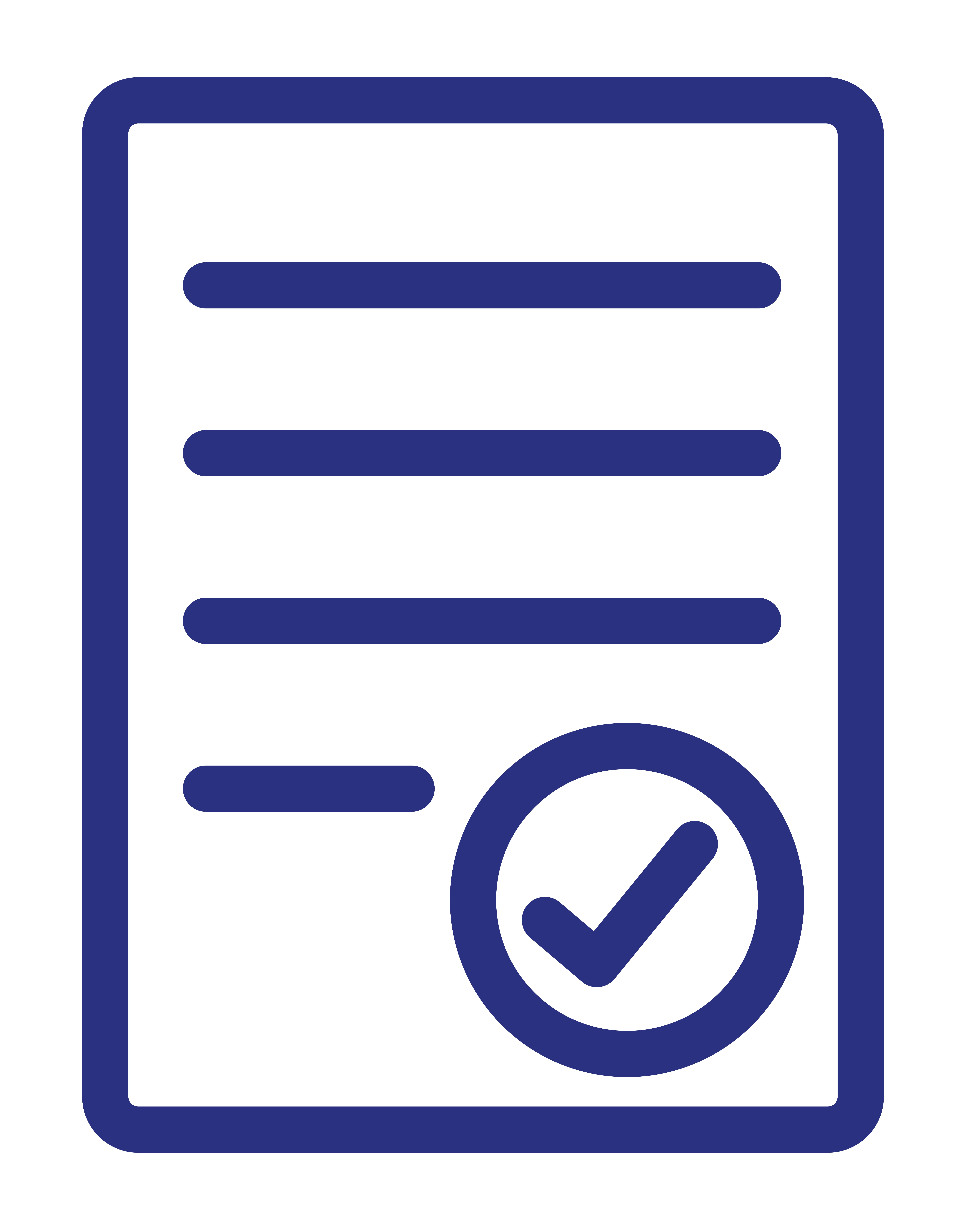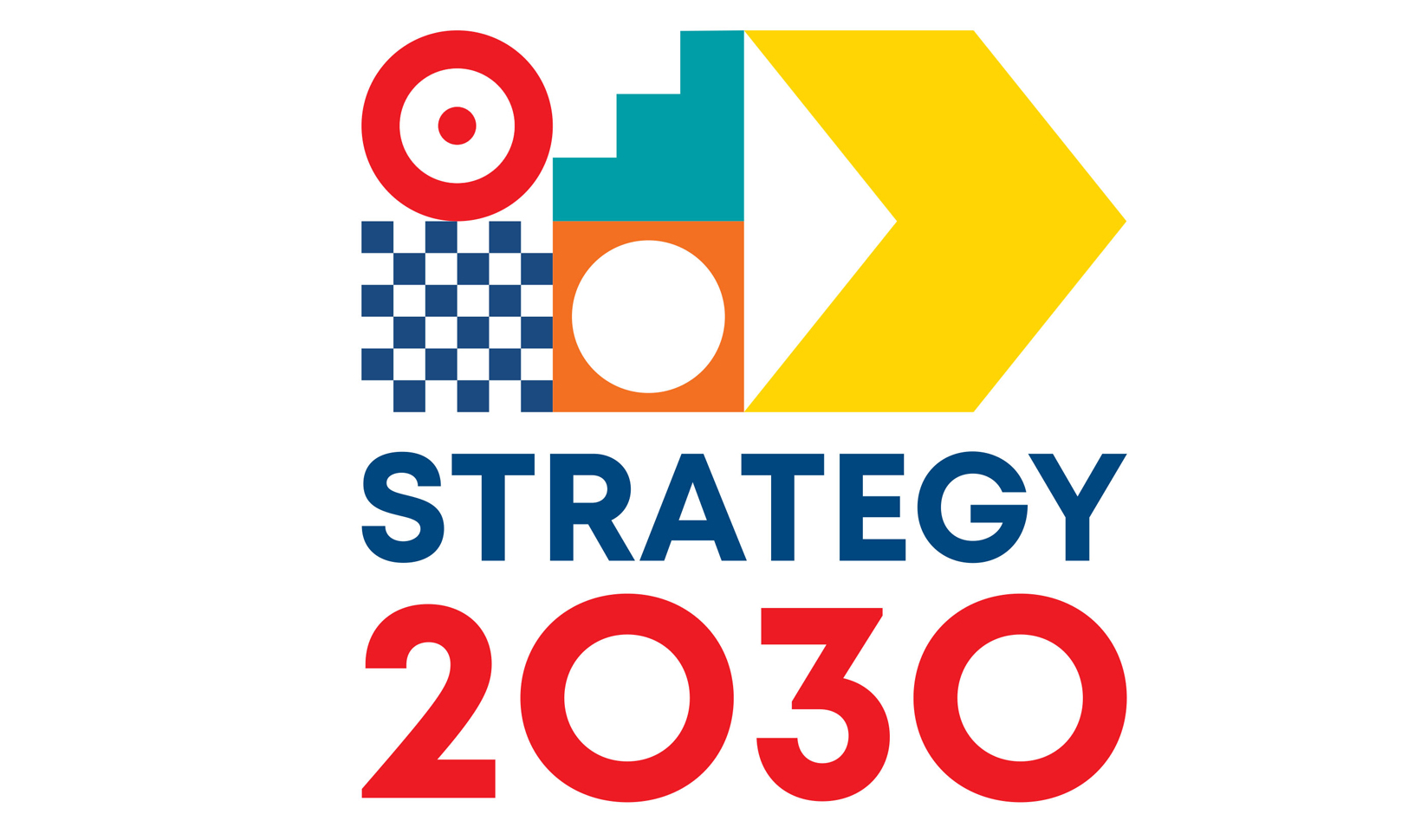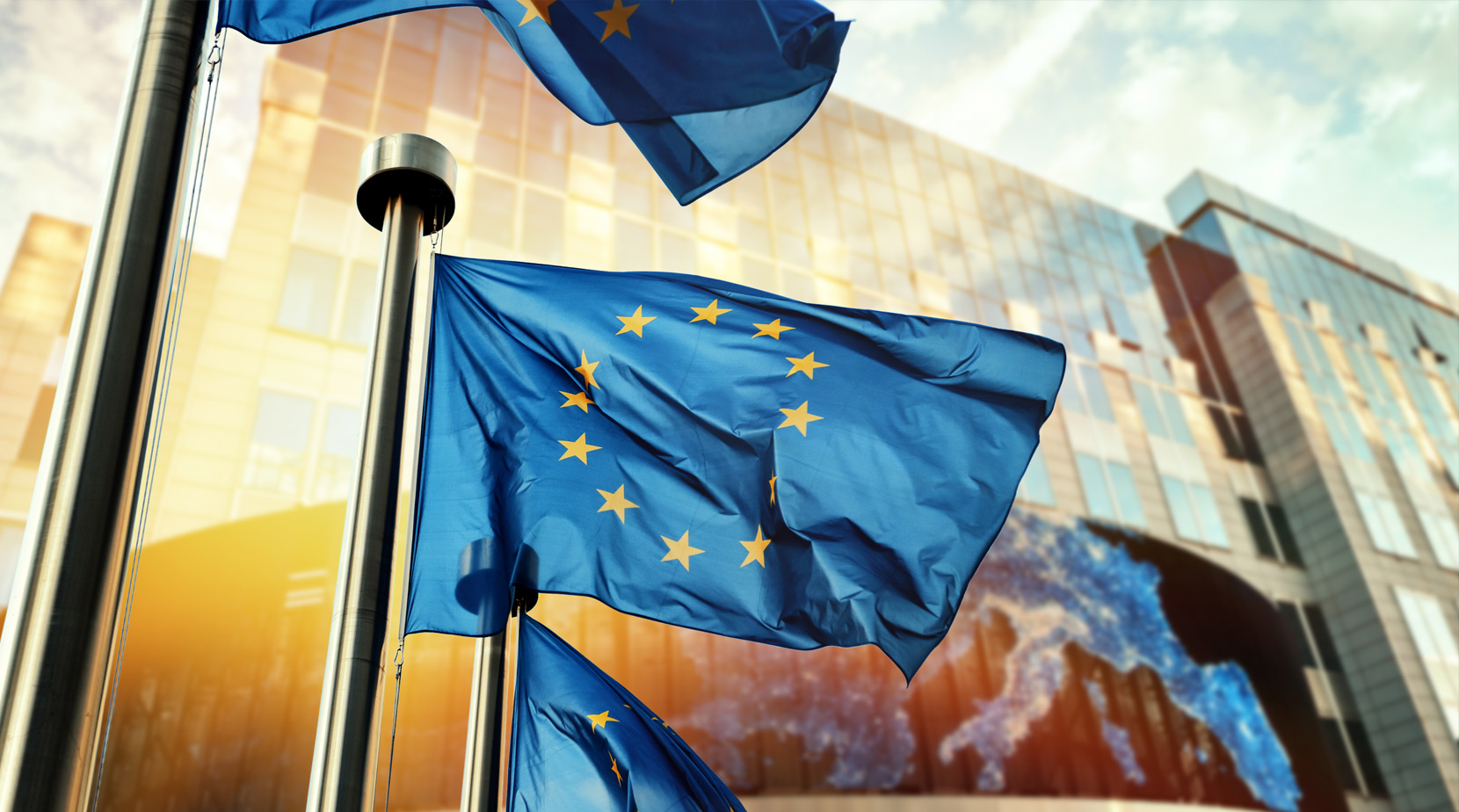Inclusiveness of the European Standardization System
CEN and CENELEC, together with their National members, are committed to supporting all interested stakeholders, such as organizations representing consumers, workers, and environmental interests, as well as small and medium-sized enterprises (SMEs), to participate in standardization. Stakeholders are encouraged to engage with their national standardization organizations and, through them, take part in the European and international standardization system.
To reinforce the representativeness of societal stakeholders, CEN and CENELEC encourage their effective participation at the various stages of the development of European standards.
In line with CEN and CENELEC Guide 25, partnerships with stakeholder organizations are developed in view of their respective complementary roles and are respectful of the various levels at which such cooperation may take place, be it national or European.
In 2025, CEN and CENELEC will focus on strengthening these partnerships through a series of initiatives, such as the Health Check exercise. The aim is to expand engagement channels, enhance transparency, and provide tailored resources that support effective stakeholder participation. By refining existing collaboration frameworks and introducing new mechanisms for involvement, CEN and CENELEC are committed to building a more inclusive, responsive standardization environment that addresses the evolving needs of all European Partners.
Annex III
CEN and CENELEC facilitate the appropriate representation of societal stakeholders via the four so-called Annex III organizations: the European Consumer Voice in Standardization (ANEC), the Environmental Coalition on Standards (ECOS), the European Trade Union Confederation (ETUC) and Small Business Standards (SBS).
In 2025, CEN and CENELEC will take actions to raise visibility on the role and rights of Annex III. Some of the planned actions include:
- Reviewing and applying the recommendations from:
- The High-Level Forum Workstream 3 on ‘NSBs peer-review (including SMEs and civil society inclusiveness)‘, led by SBS;
- The High-Level Forum Workstream 5 on ‘Inclusiveness of civil society and SMEs in international’, led by ECOS and Workstream 2 on ‘Fundamental rights and standards’, led by ANEC and BEUC.
- Finalizing the digitalization of the CENELEC Opinion Mechanism for 2025, to simplify and automate the mechanism for all users involved in the process.
- Taking stock of lessons learned and identifying gaps/improvements at the annual plenary meeting of the SME and Societal Stakeholder working groups.
- Ensuring the timely appointment of Annex III organizations experts in relevant technical bodies.
- Promoting through trainings and webinars the role, rights, and tools of Annex III organizations for SME and societal-friendly standards.
Supporting SMEs’ participation
CEN and CENELEC facilitate the participation of SMEs in standardization at the national and European levels. They also promote awareness among SMEs about the added value standardization brings for their business.
Together with their national members, and in close cooperation with SBS, CEN and CENELEC have developed a range of tools to help SMEs learn about standardization, to access and apply standards, and to get involved in standardization activities. These tools include the following:
- An online ‘SME Toolbox of Solutions’ describes the benefits of standards, how to find the right standards and where to obtain relevant information.
- 42 national SME helpdesks are service centres that provide direct support the SMEs’ participation in the standardization system.
- CEN and CENELEC Guide 17 ‘Guidance document for standard writers considering SME needs’ gives advice and recommendation to standard writers on how to consider SME’s needs. The Guide is available in 27 languages and has also been jointly adopted by ISO and IEC and published as ISO/IEC Guide 17.
Furthermore, the majority of CEN and CENELEC members provide user-friendly online platforms for public commenting, which can be accessed in the national language of the country concerned and make it easy for representatives of SMEs and other stakeholders to access the texts of draft European Standards and submit their comments online.
All the above-mentioned tools will continue to be used in 2025 to facilitate SMEs’ participation in standardization. This includes the development of other relevant materials dedicated to entrepreneurs, managers and employees who work for SMEs to learn about standardization.
Promoting Gender Responsive Standardization
CEN and CENELEC believe that it is essential to include a gender-responsive approach to standards development processes.
Together with more than 20 National Standardization Organizations, in 2019 CEN and CENELEC signed the UNECE Declaration for Gender Responsive Standards, and pledged to create and implement a Gender Action Plan to support more gender-balanced and inclusive standards development processes. At the European level, a second iteration of the CEN and CENELEC Gender Action Plan was approved in January 2023 for a period of 3 years (2023-2026).
In 2024, the CEN and CENELEC Informal Coordination Group on Gender Diversity and Inclusion launched a brochure on 'How to be Gender-Responsive in Standardization’. The guide also provides practical tips for action on how to be more inclusive throughout standards development processes. In 2025, the group will review and develop a Diversity & Inclusion Action Plan, including gender-responsive standardization practices.
Industry Advisory Forum
The Industry Advisory Forum (IAF) was established in 2018 to create a platform for industry representatives to contribute their perspectives to CEN and CENELEC’s standardization efforts. The Forum facilitates high-level dialogue, enabling industry leaders to advise on strategic standardization issues that are essential for the competitiveness of European industry.
Following the successful completion of its first mandate, the IAF commenced its second three-year mandate in 2022, bringing together 18 high-level representatives from diverse industrial sectors. Now, as the IAF approaches its third mandate, set to begin in 2025, the Forum will continue to play a critical role in supporting European standardization. The IAF will also adopt a more strategic and dynamic approach with a commitment to foster broad, direct engagement with the CEN and CENELEC governance.
